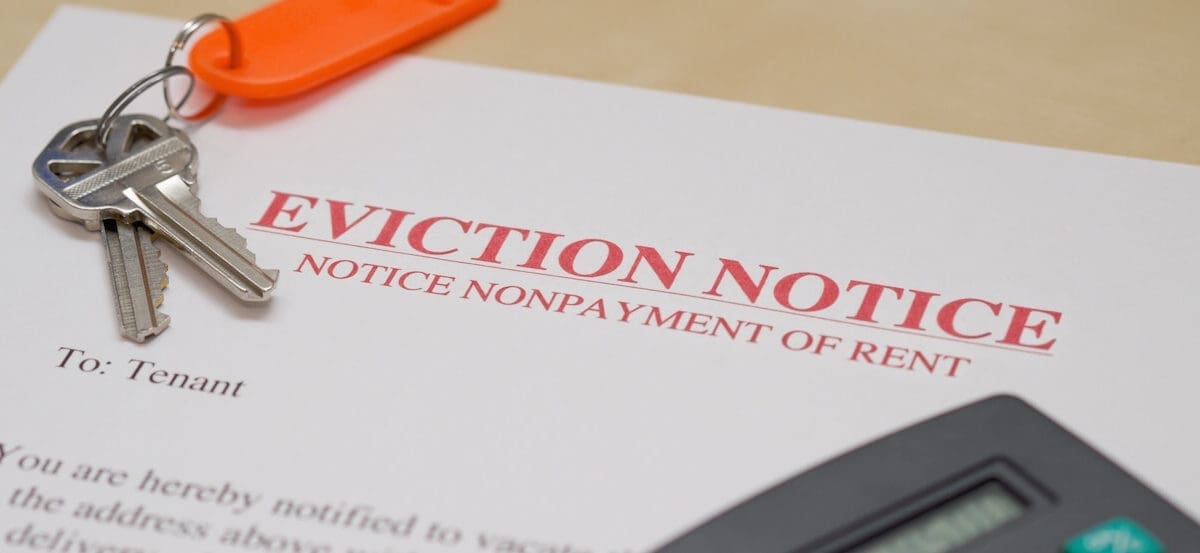Facing an eviction can feel overwhelming, especially when trying to secure a new place to call home. However, with the right strategies, preparation, and support, renting after an eviction is entirely possible. By understanding the rental market, addressing your rental history, and presenting a strong application, you can appeal to landlords and make a successful recovery.
Quick Summary
Recovering from an eviction requires persistence, preparation, and the right strategies. Begin by thoroughly reviewing your rental history and credit report to address any issues. Work on improving your credit score and gathering essential documents, such as proof of income, references, and a valid ID. Target landlords who are more flexible, such as independent property owners or those associated with affordable housing programs.
Prepare a strong rental application by being transparent about your eviction, offering a guarantor if possible, and crafting a compelling explanation letter that highlights your improvements. To reassure landlords, consider offering a larger security deposit and providing solid references from past landlords or employers.
Finally, educate yourself about your rights as a tenant, including the possibility of eviction expungement and protections under fair housing laws. By following these steps, you can regain rental eligibility, build a positive tenant profile background, and secure a fresh start.
Understanding Your Rental History
Your rental history is a critical factor in determining your eligibility for new housing. Landlords use it to evaluate your reliability as a tenant.
Check Your Rental History Report
- Obtain your rental history from tenant screening services like Experian RentBureau or CoreLogic.
- Review it for inaccuracies and address any errors.
Resolve Issues
- Pay off outstanding debts or negotiate repayment plans with previous landlords.
- Show evidence of resolving disputes to demonstrate accountability.
Highlight Positive Aspects
- Emphasize rentals with no issues or successful completions of past leases to improve your appeal.
Improving Your Credit Score
A good credit score can significantly enhance your chances of renting. Here’s how to improve it:
Review and Correct Errors
- Access a free credit report from services like AnnualCreditReport.com.
- Dispute inaccuracies that may harm your score.
Reduce Debt and Build Positive Credit
- Pay down credit card balances and loans to lower your credit utilization ratio.
- Use secured credit cards to establish a history of timely payments.
Leverage Rent Payments
- Services like RentTrack or CreditMyRent can report past and current rental payments to improve your credit profile.
Gathering Necessary Documentation
A well-prepared application builds trust and showcases your commitment to being a responsible tenant.
Essential Documents to Include
- Proof of Income: Pay stubs, bank statements, or tax returns to verify financial stability.
- References: Letters from past landlords, employers, or personal contacts to support your application.
- Valid ID: Government-issued identification and any required legal documents (e.g., Social Security card).
Finding Renters-Friendly Landlords
Not all landlords adhere to the same rental criteria. Finding those who are flexible or empathetic can make a difference.
Focus on Independent Landlords
- Private property owners are often more open to negotiation than large property management companies.
Explore Affordable Housing Options
- Nonprofit housing organizations and government programs may help secure rentals.
Use Networking and Support Resources
- Leverage community networks, local housing agencies, or social media groups to find leads.
Searching for Available Rentals
When searching for rentals, consider using various channels to expand your options.
Online Listings
- Platforms like Zillow, Apartments.com, and Craigslist are good starting points.
Local Searches
- Drive through neighborhoods to find rental signs not listed online.
Specialized Resources
- Look for agencies or services specializing in helping tenants with eviction records.
Preparing a Strong Rental Application
A strong application can make a significant impact on a landlord’s decision.
Be Honest and Transparent
- Disclose the eviction upfront to avoid surprises.
- Explain how you’ve addressed the underlying issues and improved since the eviction.
Offer a Guarantor
- Having a guarantor (co-signer) can reassure landlords of financial security.
Include Additional Supporting Documents
- Add a cover letter highlighting your stability, such as steady income or consistent employment history.
Crafting an Explanation Letter for Landlords
An explanation letter personalizes your application and provides context for your eviction.
Key Elements of the Letter
- Honesty: Clearly explain the reasons behind the eviction.
- Improvement: Highlight steps taken to address the problem, such as repaying debts or securing steady employment.
- Commitment: Emphasize your readiness to be a responsible tenant moving forward.
Offering a Larger Security Deposit
A larger security deposit can appeal to landlords and ease their concerns.
Benefits of a Higher Deposit
- Demonstrates good faith and financial commitment.
- Provides landlords with additional coverage for potential risks.
Negotiating Terms
- Propose conditions for partial or full refunds based on good tenancy.
Establishing References
References are a powerful tool for rebuilding trust with potential landlords.
Who to Approach
- Previous Landlords: If you had successful rentals, request letters of recommendation.
- Employers or Supervisors: They can vouch for your reliability and professionalism.
- Community Leaders or Mentors: Trusted figures can attest to your character.
Knowing Your Rights as a Tenant
Understanding your rights can help you navigate challenges during the rental process.
Federal and State Laws
- Learn about the Fair Housing Act, which protects tenants from discrimination.
Expungement Options
- Inquire about local laws that allow eviction records to be removed after a certain time.
Legal Lease Agreement
- Carefully review all lease terms to ensure they align with local tenant protection laws.












